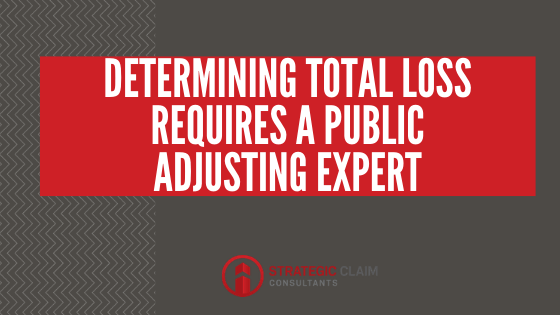The fundamental principle of a “valued policy” statute is that the parties involved with an insurance contract agree that the property value is binding and not subject to judicial inquiry. According to Investopedia, Valued Policy Law (VPL) is a statute that requires insurance companies to pay the full value of a policy to the insured in the event of a total loss. Valued Policy Law does not consider the actual cash value of the insured property at the time of the loss; instead, the law mandates total payment. The valued policy statute has two purposes:
- To stop being over-insured by requiring a prior valuation.
- To bypass action by ordering specific standards of recovery in case of a total loss.
The basic principle of a “valued policy” statute is that the parties to a fire insurance contract agree in advance on a valuation of the property to be insured, and, in the absence of fraud, this valuation is binding and not subject to judicial inquiry.
The purpose of valued policy statutes is twofold:
- To prevent over insurance by requiring prior valuation
- To avoid litigation by prescribing definite standards of recovery in case of a total loss.
“Total loss” is not defined by statute, but is defined by common law:
A building is not a total loss…unless it has been so far destroyed by the fire that no substantial part or portion of it above the ground remains in place capable of being safely utilized in restoring the building to the condition in which it was before the fire…There can be no total loss of a building so long as the remnant of the structure left standing above ground is reasonably and safely adapted for use (without being taken down) as a basis upon which to restore the building to the condition in which it was immediately before the fire; and whether it is so adapted depends on the question whether a reasonably prudent owner of the building, insured, desiring such a structure as the one in question was before the fire, would, in proceeding to restore the building, utilize such standing remnant as such basis. If he would, then the loss is not total.
There may be cases where a jury determines that a building fire resulted in a total loss without a testimony’s assistance. In this scenario, the jury is left to determine whether the portions of the building that are still standing could be safe for use without being torn down. The appellate court concluded that the policyholder did not prove that this claim was a total loss because the expert testimony was not performed, showing the total loss.
When filing an insurance claim, it is imperative to consult with a public adjuster to maximize your settlement and to represent on your behalf to the insurance company. Brandon Lewis and the team at Strategic Claim Consultants are certified public adjusters that are available to assist you with your insurance claim. Please schedule a consultation today so that we can better understand your needs.

